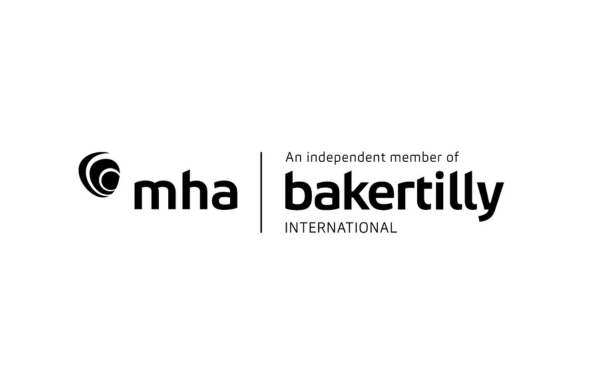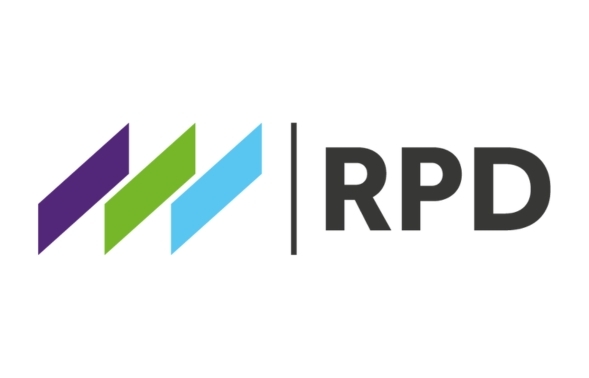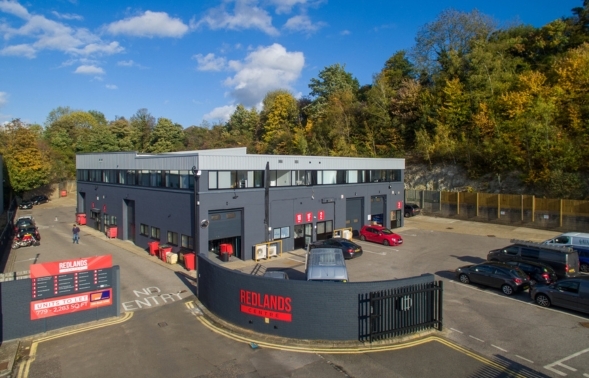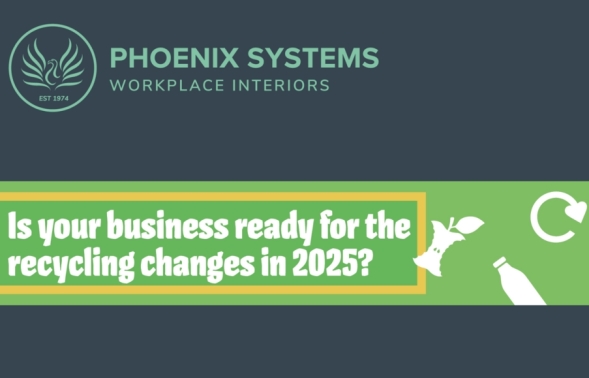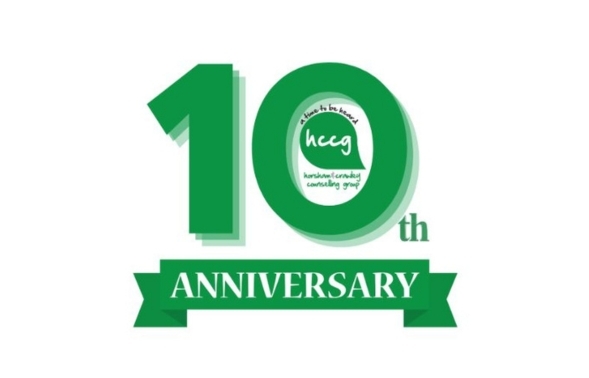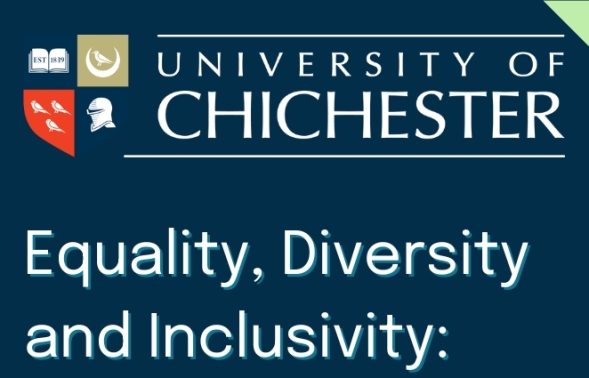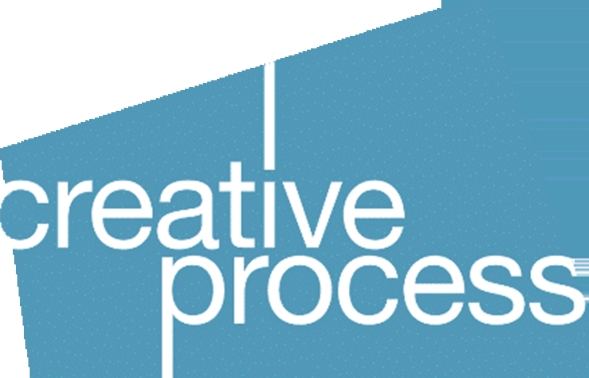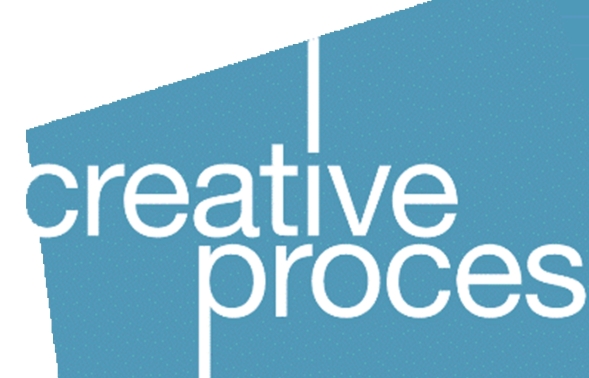There are few sectors of the economy that have not been affected by COVID-19 but recruitment is one area that has been particularly impacted. With entire workforces now working from home and workflows going through huge evolution to account for social distancing, a lot has changed. But what key differences are there to note in recruitment right now and how is the industry likely to recover?
Recruitment during COVID-19
Over the past month, as a global Fortune 1000 leader, we have learned a great deal from hiring and supporting businesses during the lockdown period. From confusion and panic in the early stages of lockdown to strategy and planning, our clients and businesses across the spectrum have had to take a new approach to making recruitment work. These are just a few of the changes that we've noticed during this time:
An increase in virtual collaboration There have always been tech tools to support greater virtual collaboration but businesses have not embraced them quite in the same way as during the pandemic. This has been an eye-opening experience and may pave the way for more time saving and cost effective workflows once life returns to normal. Reducing the barriers to the hiring process It's amazing how obstacles that had seemed immovable can suddenly disappear when there is a pressing need for them to do so. These could be internal silos or specific candidate skills requirements. Remote interviews become the norm Many businesses were already beginning to introduce a Skype interview as part of an initial vetting process but this has quickly become standard during lockdown. After all, there is no other way to move through the interview stage at this time. This has meant finding new ways to get insightful responses from candidates and challenged applicants to ensure they are able to communicate effectively via a screen. More meaningful working relationships The physical distance currently imposed on all relationships all has led to the need for greater communication and collaboration, especially when it comes to delivering detailed briefings and insights so that nothing gets lost in the space between us all. An increase in flexible working arrangements Businesses that may previously have denied requests for flexible working may find it hard to do so after the crisis passes as a result of the way organisations have adapted to integrate mass working from home. Many enterprises may see this as an opportunity to offer a different type of working relationship to candidates and existing staff.
How will recruitment recover from COVID-19?
What we have seen recently will likely continue, and demand for recruitment will inevitably undergo a change. What was the norm pre- COVID-19 will change post COVID-19, for example we may see recruiters continuing to interview potential recruits over video conference calls, rather than in person, particularly at the early
stage of interviewing to save time. This is also an opportunity to reflect on what couldn't be done before, and what can be done now by utilising technology more.
During this period we saw the disruption of IR35, which was ultimately delayed, and in turn, where we saw potentially a pendulum to permanent hiring, given economic uncertainties, we anticipate higher contract demand as businesses manage risk.
Hiring for technical roles across the full spectrum in Life Sciences, Manufacturing and IT roles (particularly cyber security, data science and developers) is likely to show good demand and the expectation would be to see these areas outpace traditional corporate support functions. It's an upsetting time where we will see some traditional businesses close, nevertheless other businesses in emerging technologies and that have shifted their operations to cope with the pandemic, and shifts in business and consumer demand, such as food manufacturing, technology projects and start-ups will start evolving and drive demand for hires.
It's important to remember that corporate demand for hires will return, albeit maybe through a different way of working, for example working from home and utilising technology and other tools. What we are seeing is inevitable change in the hire market impacting across most industry verticals. Whilst there will be a larger number of people looking for work, the niche nature of those roles and limited supply will drive demand and potentially salaries given increased competition.
Get in touch with Volt International for all your staffing, recruitment and consultancy needs today; Enquiries.Mailbox@volt.eu.com
